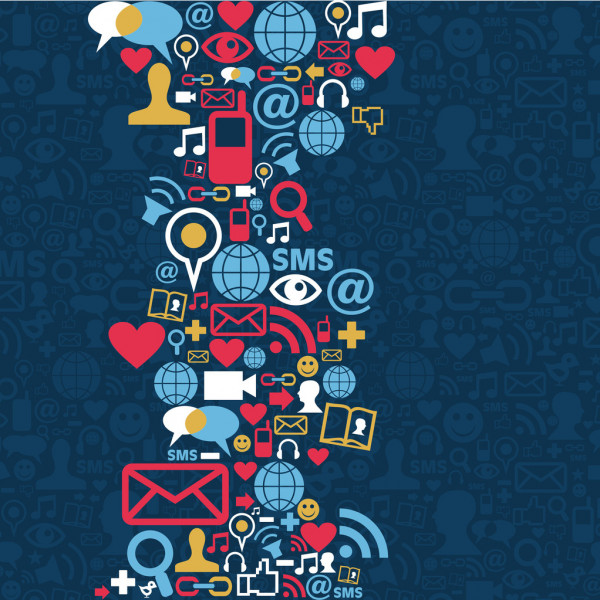By Heather Watts – Design Researcher at the Innovation Hub
Last year around this time, I wrote the following post on my Facebook page:

A lot of feelings as I dropped Nico off this morning, sporting his orange shirt. Today is Orange Shirt Day, a day designed to educate people and promote awareness about the Indian residential school system and the impact this system had on Indigenous communities for more than a century in Canada, and still does today.
This system was assimilation and erasure packaged and tied as ‘education’. What do we mean when we use this word? What are we teaching? What are we intentionally leaving out? What narrative are we working to maintain?
As I walked my little love to his school here in Toronto, I reflect, what narrative continues to be the one that is upheld? What constitutes knowledge? Who is taught about and in what way are they remembered, revered, and celebrated?
Let us not just be performative on this day, or any day for that matter. Beyond shirts. Beyond land acknowledgements. Let us be critical. Let us be systemic and institutional change agents.
Over the past twelve months since I posted these words, I have engaged in the topic of Reconciliation on a scholarly level, as well as on a personal level. As an Indigenous woman with family members who are residential school survivors, there is a lot to consider when it comes to this journey of Reconciliation. I still very much believe that there is a dominant narrative that our institutions of learning work to maintain, and in large part, that narrative omits, marginalizes, and misrepresents Black, Indigenous and People of Colour (BIPOC).







